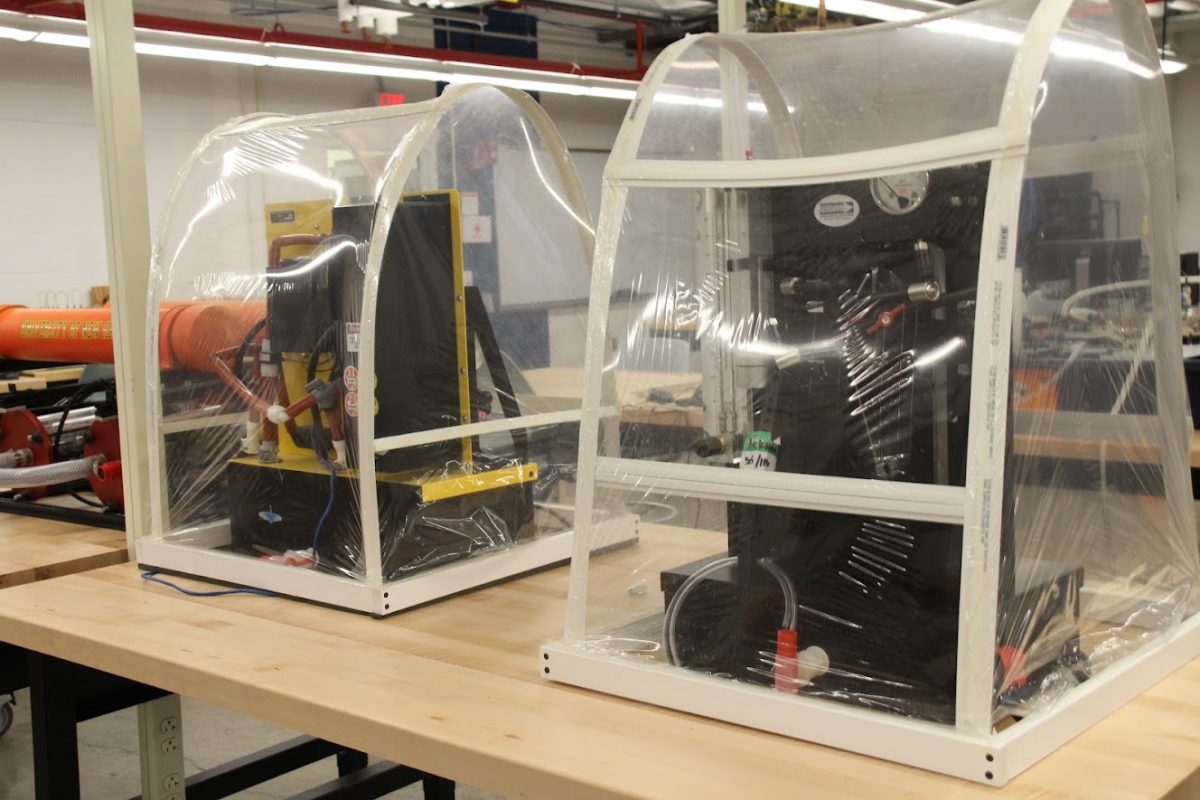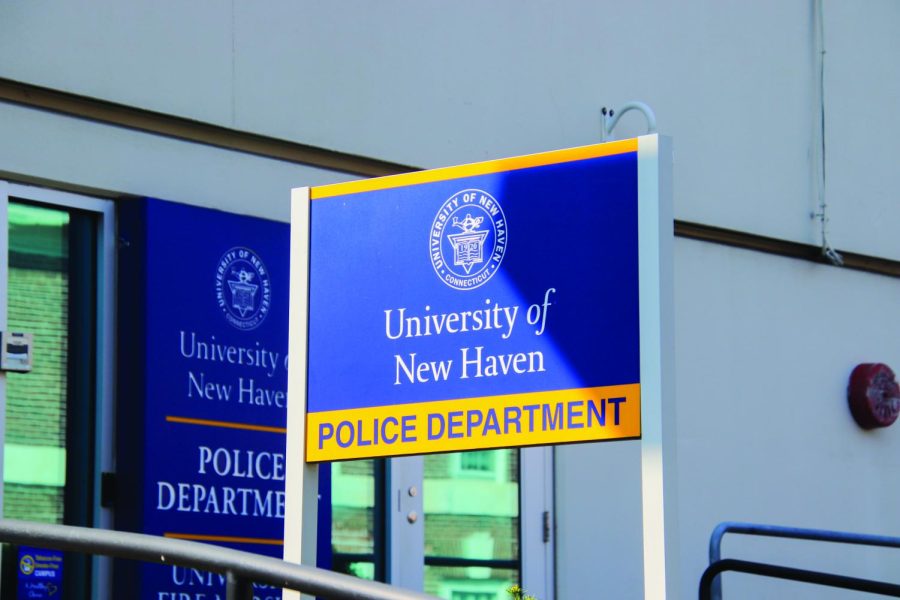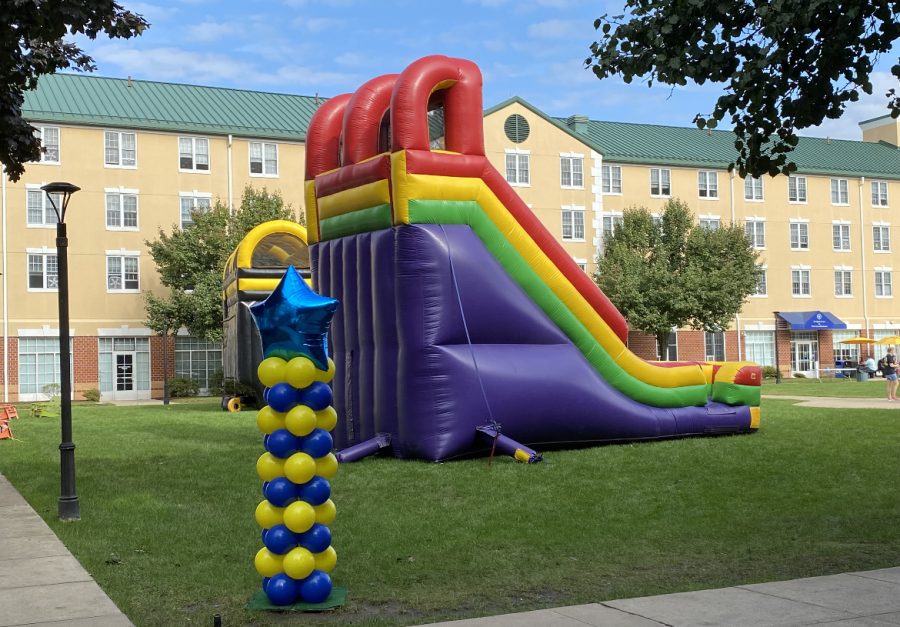SEOUL, South Korea – North Korea claimed Tuesday that it has successfully weaponized more plutonium for atomic bombs, a day after warning Washington to agree quickly to direct talks or face the prospect of a growing North Korean nuclear arsenal.
The announcement underlined Pyongyang’s impatience over securing one-on-one talks with Washington, as well as the difficulties in dealing with a regime that resorts to threats and provocations to get what it wants.
Pyongyang’s official Korean Central News Agency said North Korea had finished reprocessing 8,000 spent nuclear fuel rods, which experts say would provide enough weapons-grade plutonium for at least one more nuclear bomb.
The claim may not mean much, since North Korea is believed to already have enough weaponized plutonium for half a dozen nuclear weapons. But the timing — a day after Pyongyang warned it would beef up its nuclear arsenal if the U.S. refused to agree on bilateral talks — shows the communist regime is flexing its atomic might to push Washington to act, analysts said.
“North Korea is trying to show off its nuclear might as a way to pressure the United States to agree to the talks,” said Kim Yong-hyun, a North Korea expert at Seoul’s Dongguk University.
U.S. State Deparment spokesman Ian Kelly accused the Pyongyang government of violating its past commitments at international disarmament talks.
“Reprocessing plutonium is contrary to North Korea’s own commitments” at those negotiations and violates United Nations resolutions, Kelly told reporters in Washington. He said the Obama administration was focused on trying to restart stalled six-nation nuclear talks.
North Korea has long sought direct nuclear negotiations with the U.S., believing that it is the easiest, fastest and surefire way of ensuring the survival of the totalitarian regime and win economic concessions to rebuild its moribund economy.
On Monday, North Korea’s Foreign Ministry warned that “if the U.S. is not ready to sit at a negotiating table with the (North), it will go its own way,” an apparent threat to bolster its nuclear arsenal.
Pyongyang has claimed it needs atomic weapons to defend itself against the U.S., which fought against the North during the Korean War in the 1950s and has 28,500 troops stationed in South Korea to protect the ally.
The U.S. says it has no intention of attacking the North.
But the North said Tuesday that it remains “compelled to take measures to bolster its deterrent for self-defense to cope with the increasing nuclear threat and military provocations of the hostile forces.”
Washington has said it is willing to meet one-on-one with the North if the talks lead to the resumption of the six-nation negotiations involving China, Japan, the two Koreas, Russia and the U.S.
However, discussions between a North Korean envoy and a U.S. official last week did not yield an agreement to hold talks, both sides said.
Kelly told reporters Monday that Sung Kim, the chief U.S. nuclear negotiator, recently had useful discussions with Ri Gun, North Korea’s No. 2 official for nuclear talks. He said the U.S. is still considering North Korea’s offer.
North Korea agreed in 2007 to disable its main nuclear facility in Yongbyon — a step toward its ultimate dismantlement — in exchange for much-needed energy aid and political concessions. However, Pyongyang halted that process more than a year ago and later abandoned the pact amid international censure for a series of nuclear and missile tests.
North Korean officials restarted the nuclear facilities in April in retaliation for a U.N. rebuke of a rocket launch widely criticized as an illicit test of its long-range missile technology. The country also kicked out international nuclear monitors.
The North then conducted its second-ever nuclear test in May and later launched a series of banned ballistic missile tests, prompting the U.N. Security Council to toughen sanctions against the regime.
In September, North Korea said it was in the final stage of reprocessing spent fuel rods, and claimed it had succeeded in enriching uranium, a process that would give the regime a second way to build atomic bombs.
Tuesday’s announcement was designed to hurry along negotiations, analysts said.
“North Korea is pressuring the United States to decide quickly whether it wants to resolve the standoff through bilateral talks or allow the (plutonium) to be used for atomic weapons,” North Korea expert Koh Yu-hwan of Dongguk University said.













